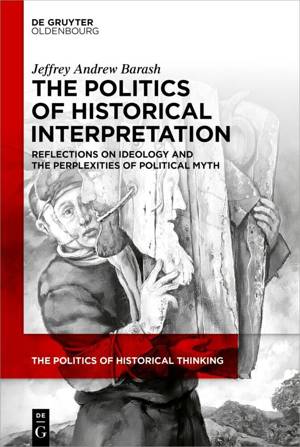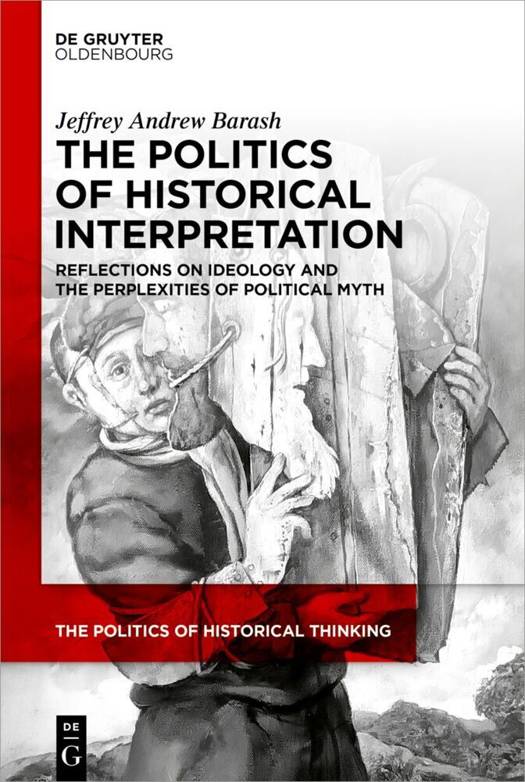
Bedankt voor het vertrouwen het afgelopen jaar! Om jou te bedanken bieden we GRATIS verzending (in België) aan op alles gedurende de hele maand januari.
- Afhalen na 1 uur in een winkel met voorraad
- In januari gratis thuislevering in België
- Ruim aanbod met 7 miljoen producten
Bedankt voor het vertrouwen het afgelopen jaar! Om jou te bedanken bieden we GRATIS verzending (in België) aan op alles gedurende de hele maand januari.
- Afhalen na 1 uur in een winkel met voorraad
- In januari gratis thuislevering in België
- Ruim aanbod met 7 miljoen producten
Zoeken
The Politics of Historical Interpretation
Reflections on Ideology and the Perplexities of Political Myth)
Jeffrey Andrew Barash
€ 111,45
+ 222 punten
Omschrijving
This book focuses on political presuppositions animating modern historical reflection in Germany that underwent sharp radicalization in the post-World War I context of the Weimar Republic. It is in this context that a novel polemical use of political concepts, nourished by radical forms of reflection on the historical character of human existence, brought to the fore interpretations of collective mentalities or group perspectives that crystallized in specific conceptions of "ideology" and of "political myth". By centering analysis on the insight of a variety of twentieth-century thinkers whose works are of central importance for the elucidation of this topic, the author examines different interpretations of the role of reflection on human historicity in the elaboration of this novel polemical use of political concepts. Beyond an historical inquiry into this topic, this work aims to provide a theoretical investigation to elucidate the complex range of significations of the concepts of "ideology" and of "political myth", the province of each of these concepts in the delineation of group perspectives, and the problematic legacy that the polemical use of these concepts has bequeathed to the contemporary world.
Specificaties
Betrokkenen
- Auteur(s):
- Uitgeverij:
Inhoud
- Aantal bladzijden:
- 330
- Taal:
- Engels
- Reeks:
- Reeksnummer:
- nr. 8
Eigenschappen
- Productcode (EAN):
- 9783111610986
- Verschijningsdatum:
- 26/08/2025
- Uitvoering:
- Hardcover
- Formaat:
- Genaaid
- Afmetingen:
- 156 mm x 234 mm
- Gewicht:
- 594 g

Alleen bij Standaard Boekhandel
+ 222 punten op je klantenkaart van Standaard Boekhandel
Beoordelingen
We publiceren alleen reviews die voldoen aan de voorwaarden voor reviews. Bekijk onze voorwaarden voor reviews.









